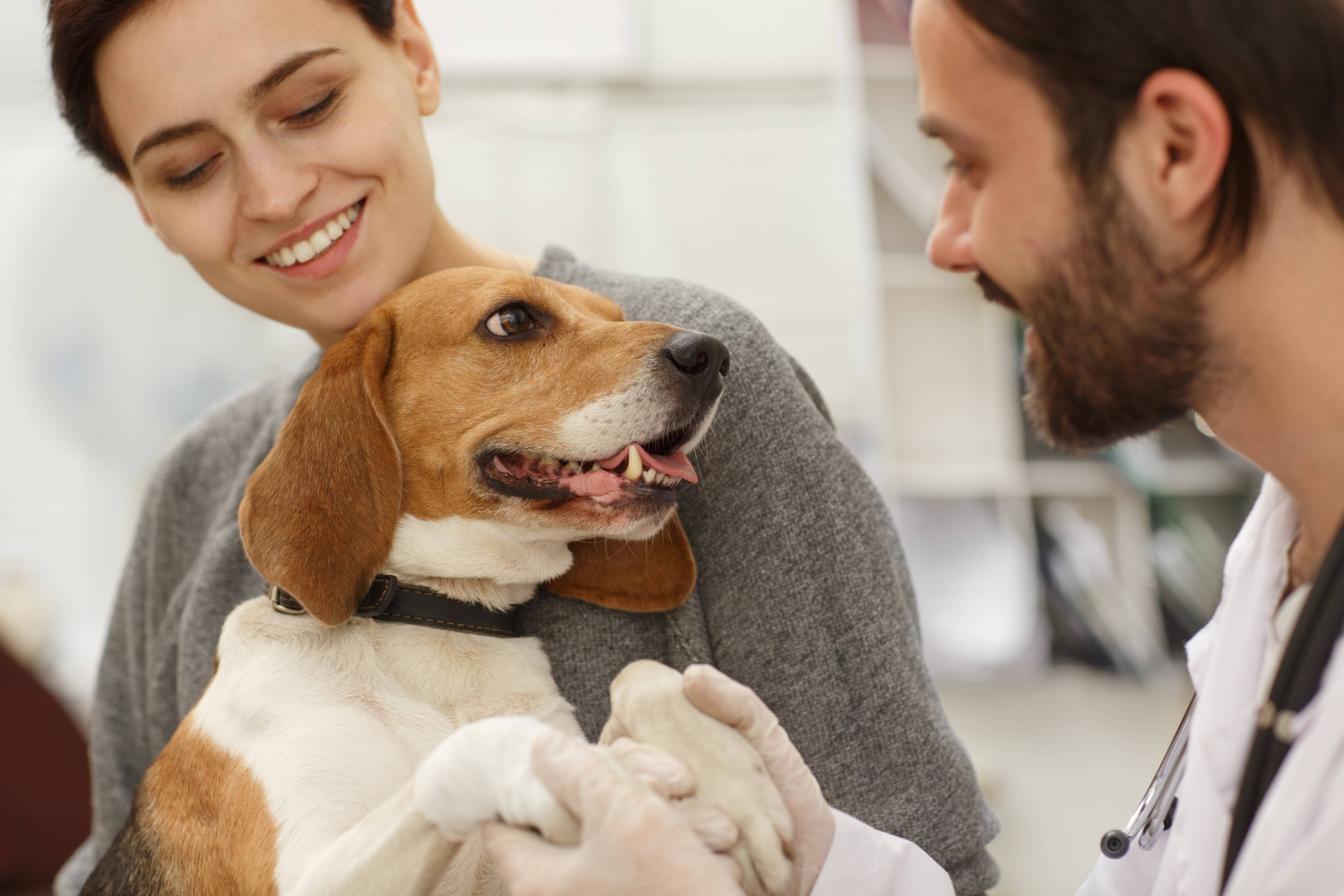
Part of what makes periodontal disease dangerous to pets is that the signs are usually not obvious. Many pet owners miss the symptoms because they don’t know what to look for. Equally worrying is the fact that once the symptoms start to manifest, it’s likely that the disease is already quite advanced. Protect your beloved animal companion today not just from chronic pain and tooth loss but also from severe infection, which can be potentially life-threatening. Here are some steps you can take to prevent periodontal disease in pets:
Brush Their Teeth
This is the single most effective way to maintain oral health between visits to the veterinarian for dental examinations. Brush your pet’s teeth while they’re still a kitten or puppy. The earlier they’re exposed to the experience, the more quickly they’ll adapt to the process. Pet health experts recommend that you brush your pet’s teeth every day to avoid plaque. Just ensure that you use pet toothpaste as they’re safe to swallow.
Get Routine Dental Exams
A veterinary dental exam generally consists of two main components: oral exam and dental cleanings. Basic oral exams usually don’t require anesthetics. On the other hand, dental cleanings and more thorough exams may require it. It’s best to start these routine checks while your pet is still young. Just continue each year as your cat or dog ages. Regular visits to your vet help prevent severe dental diseases. These include gingivitis, periodontitis, and tooth resorption.
Buy Only Quality Pet Food
Good oral health care also includes taking up other good habits at home. As much as possible, try to serve your pet nutritious meals that are easy to swallow. Hard foods may be difficult for your cat or dog to swallow and may even stick to their teeth, causing dental health issues. Offer your beloved animal companion foods that are specially formulated to promote dental health. These are usually dry food products and have plaque-scraping fiber. When buying dental pet foods, opt for those items that have been proven and tested to have solid evidence that the benefits it promotes actually work. Look for the Veterinary Oral Health Council Seal of Acceptance (VOHC) label to confirm this.
Be Selective About Toys and Treats
Help your pet snack and play safely by opting for toys and treats that are meant to be chewed on daily. Give your dog rawhide products designed for daily chewing. The more your dog chews, the less likely dental plaque can accumulate and result in periodontal disease. Just ensure that you’re around when your dog chews on these as they may swallow large chunks of these chew treats whole. This could cause choking and gastrointestinal issues in some pets.
One of the most commonly diagnosed health problems among pets is periodontal disease. The key to managing this medical condition is prevention. Don’t wait for your cat or dog to have bad breath, suffer from oral pain, bleeding gums, or tooth loss. Visit Liberty Animal Clinic in Hinesville, Georgia today. You can also call (912) 368-4080 to schedule your consultation.






